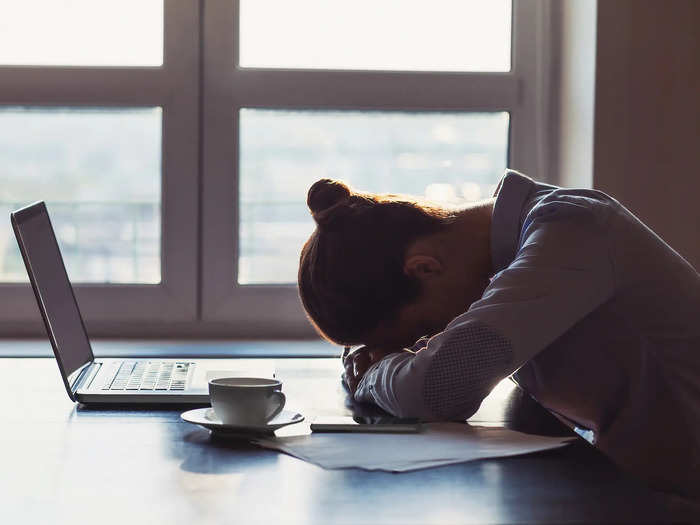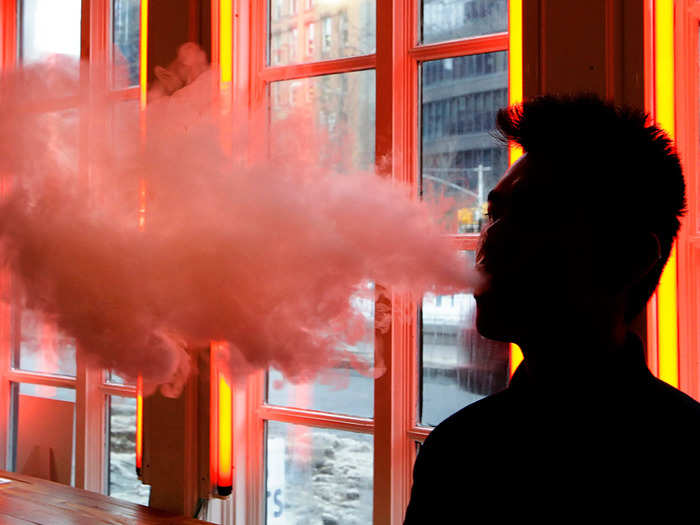- Home
- slideshows
- miscellaneous
- What happens to your body and brain when you're quarantined, and how to cope
What happens to your body and brain when you're quarantined, and how to cope
You'll likely be in an "unpleasant state" after a period of social isolation, since humans thrive, and survive, on interaction.

The effects of not physically moving as much can mess with your mind, too.

Whether you're confined to a room because you've been exposed to the virus or simply working from home because your office now requires it, this reduction in physical activity can affect your mind.
Look to injured athletes for an extreme example. Athletes may experience "emotional upheaval" when they're injured, in large part because they no longer have the coping mechanism that may have kept these feelings at bay.
That may manifest as sadness, irritation, frustration, anger, and other uncomfortable emotions.
Reducing or virtually eliminating your physical activity can also cause your muscles to atrophy.

"Use it or lose it" is a cliche for a reason: It's true.
A study in the Journal of Applied Physiology suggests that just two weeks of inactivity can begin to negate gains to your heart and muscle mass, according to US News & World Report.
Another study found that obese adults who worked out for four months and then took a month off lost most of the improvements to their aerobic capacity, insulin sensitivity, and cholesterol.
The effects of a quarantine can be psychologically damaging in the long term.

According to research published last week in the Lancet that included 24 previous studies on the psychological effects of quarantines during disease outbreaks, the experience can lead to post-traumatic stress symptoms, depression, confusion, anger, fear, and substance misuse.
The most vulnerable people, the study authors said, are those who have or have had mental health issues.
Of course, how severe the effects are depend on your situation, personality, and history.

People who are experiencing coronavirus symptoms and quarantined to their bedrooms are, in all likelihood, going to fare worse than those who feel fine and want to party.
How affected you are by a period of social isolation, or just reduced interactions, is also influenced by your personality.
"If you're a massive extrovert who thrives on social contact" the experience is going to hit harder "than if you're an introvert who's very comfortable curling up on a couch with a book," psychologist Dr. Sherry Benton told Insider.
To physically prepare for the effects of a potential quarantine, consider an at-home workout plan.

Stock up on some healthy, versatile staples, too, to help fend off feeling too sluggish.

Alyssa Pike, registered dietitian and manager of nutrition communications at the International Food Information Council, previously told Insider you don't have to rely on soup and saltines for two weeks straight.
Rather, stock up on canned and frozen vegetables, grains like rice and pasta, and try some uncomplicated but nutrient-rich recipes like pasta salads and vegetarian chilis.
Make sure you have a can opener.
To mentally and emotionally cope with a quarantine or reduced social contact, virtually reach out to others.

Being quarantined today is less socially straining than just a decade ago.
Tools like FaceTime and Skype "may help relieve some of those short-term unpleasant responses to help us still feel and maintain those connections without potentially putting ourselves at risk of being exposed to the virus," Holt-Lunstad said.
She recommended being proactive about reaching out to others and asking how they're doing — you'll boost your mental health as well as theirs, since they'll at least experience the perception of support, which research shows can reduce stress.
Holt-Lunstad added that the silver lining to something like a directive to reduce contact with the outside world is the ability to slow down and connect with the people closest to us.
"When you're having people still express love and support in a variety of ways, it can make those periods of relative confinement more bearable."
- Read more:
- Coronavirus live updates: More than 92,000 people have been infected and at least 3,100 have died. The US has reported 9 deaths. Here's everything we know.
- A day-by-day breakdown of coronavirus symptoms shows how the disease, COVID-19, goes from bad to worse
- The US could face shortages of crucial medicines like antibiotics and a heart drug because of the coronavirus. Here's what you need to know.
Popular Right Now
Popular Keywords
Advertisement